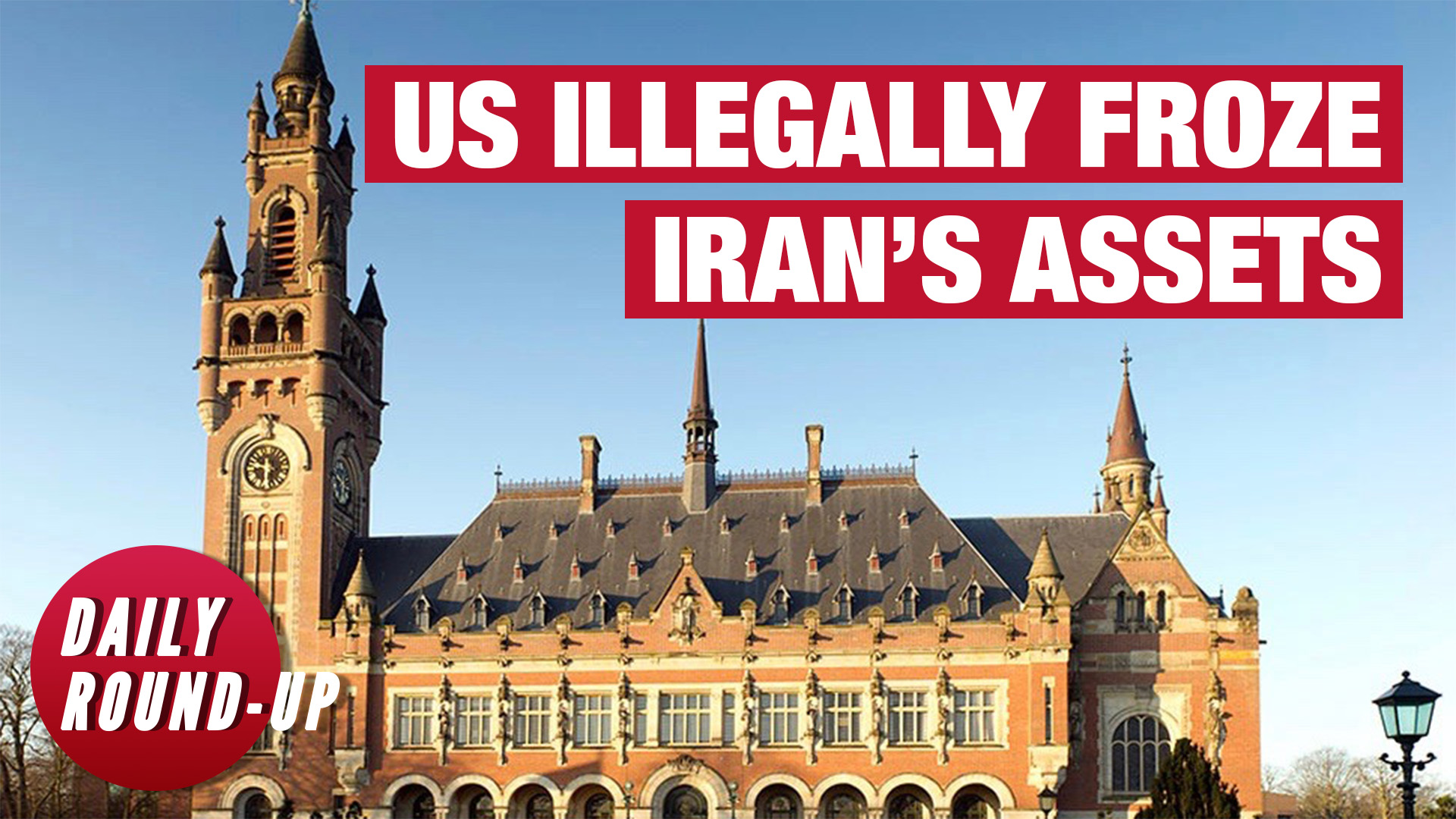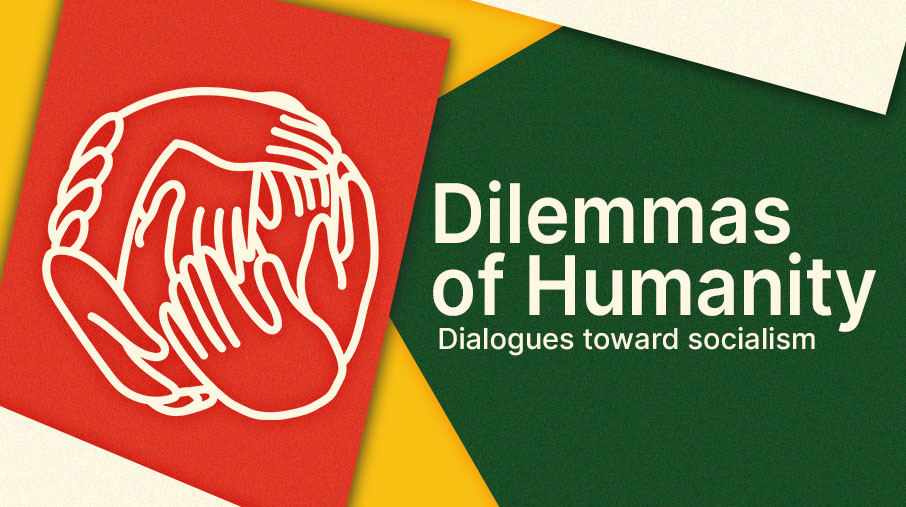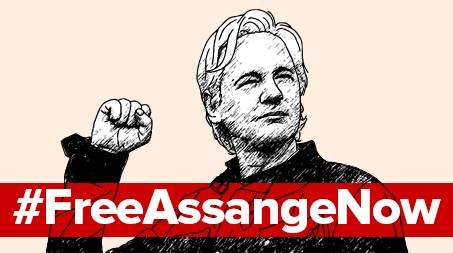 The politics of hedging and post-hedging in the Indo-Pacific
The politics of hedging and post-hedging in the Indo-Pacific
ASEAN countries are choosing their own path, which is not to choose sides between the US and China. Simply put, the Southeast Asian states want a stable geopolitical environment to focus on their economic development and do not want to be forced to “take sides” in any hegemonic rivalry
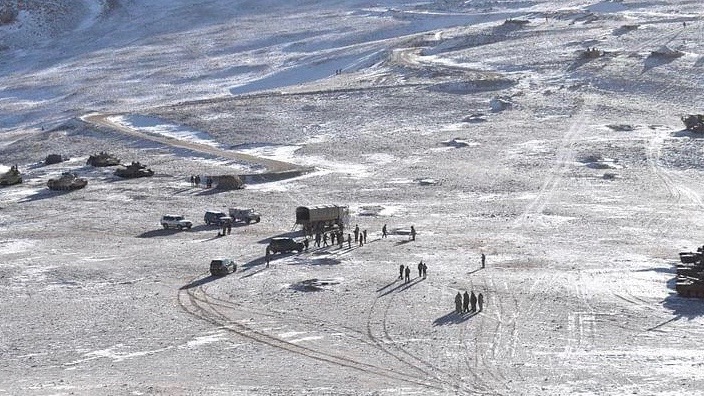 The big picture of India-China disengagement in Ladakh
The big picture of India-China disengagement in Ladakh
Broadly, a consensus reached at the 16th round of India-China Corps Commander Level Meeting on July 17 has since been fleshed out by the two sides, and the actual disengagement commenced on last Thursday
 China’s support is a game changer for Russia
China’s support is a game changer for Russia
What really matters most for Moscow would be the myriad ways in which Beijing can mitigate the effect of any harsh western sanctions
 What India needs to learn from spiraling gas, electricity prices in Europe
What India needs to learn from spiraling gas, electricity prices in Europe
Markets do not solve the problem of energy pricing. What is required is planning and long-term investments in infrastructure
 The fate of EU and NATO in times of US-China rivalry
The fate of EU and NATO in times of US-China rivalry
Newsclick’s Prabir Purkayastha talks about the strategic choices ahead of NATO and the European Union as the US intensifies its encirclement of China
 AUKUS, Quad and India’s losing the plot internationally
AUKUS, Quad and India’s losing the plot internationally
Australia has joined the US and UK’s plans to contain China, leaving India unsure in the Quad and isolated in Asia. Tied to a waning imperial power, the US, India is gradually losing strategic autonomy
 Understanding the Australia-UK-US alliance
Understanding the Australia-UK-US alliance
Newsclick’s Prabir Purkayastha analyses the recently announced AUKUS alliance and its positions on China. He also talks about the role of European powers and the economic consolidation of Eurasia
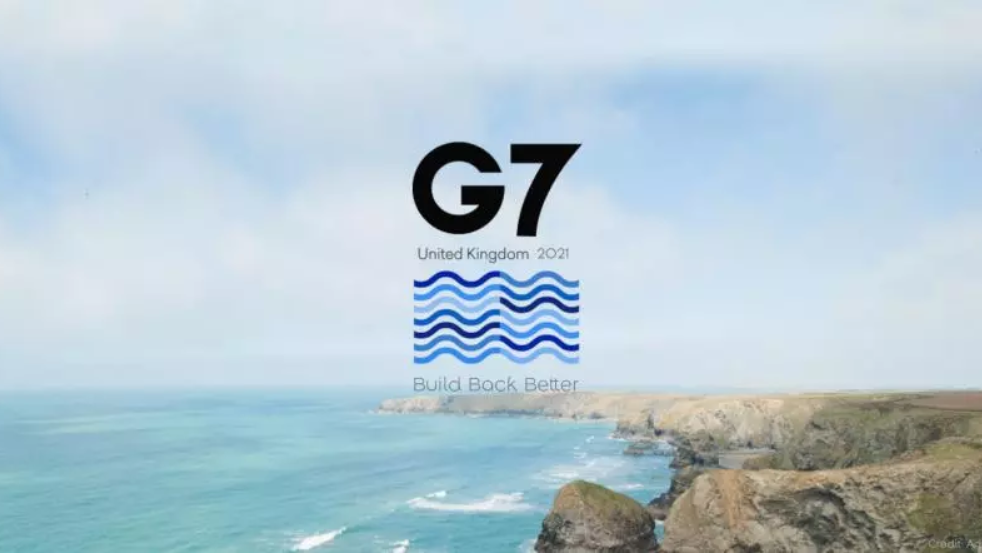 G7 or failed colonial powers telling the world what to do
G7 or failed colonial powers telling the world what to do
G7 are a bunch of western countries—the US, UK, France, Germany, Japan, Italy and Canada—who believe that they have the “civilizational” mandate to tell the world how it should be run
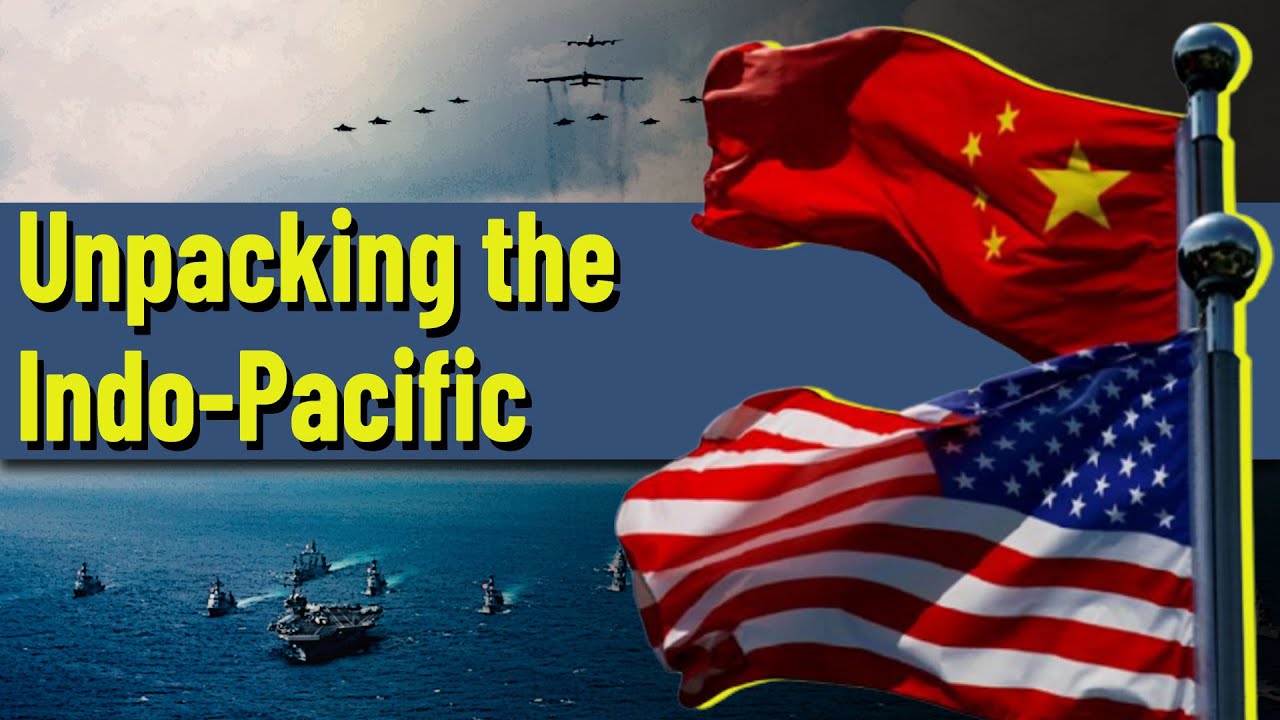 The US Indo-Pacific strategy and its delusions
The US Indo-Pacific strategy and its delusions
Newsclick’s Prabir Purkayastha talks about the Anchorage meeting between the US and China, the recent Quad summit, and how geo-political considerations are playing a role in the distribution of vaccines


